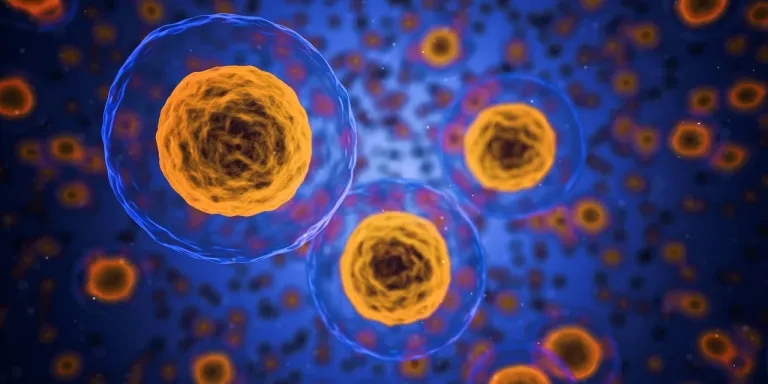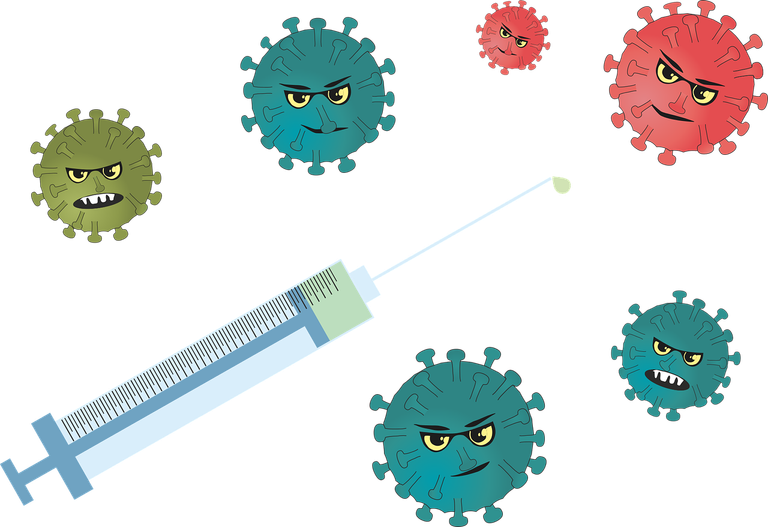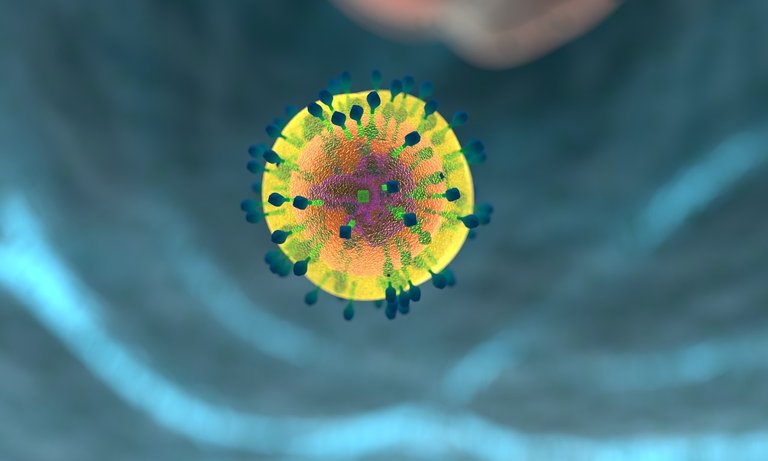The Dance of Death: Exploring the Fascinating World of Apoptosis - Cell Biology.

In the complex field of cell biology, where life and death are finely balanced, there's something truly fascinating and vital: apoptosis. People often call it cellular suicide or programmed cell death. Apoptosis is an extraordinary process that's crucial for shaping our bodies, protecting us from diseases, and keeping the balance of life in check. It's like a built-in mechanism that makes sure our bodies work correctly and stay healthy.
Now let the music play
The Symphony of Self-Destruction
Picture a magnificent concert hall where musicians come together to create a harmonious masterpiece. Now think of our cells as these musicians, each playing a specific role in a beautifully synchronized performance. Good, now envision apoptosis as the conductor of this orchestra. It takes charge, guiding the cells to exit the stage at just the right moment, much like a conductor ensuring the perfect timing of musical notes. This orchestration by apoptosis is vital, as it maintains the overall harmony and balance in our biological symphony (system).
The Purpose of Cellular Demise
Apoptosis is not a destructive force; it's a necessary one. Here are some important roles it plays:
1. Developmental Sculptor:
Think of it as a sculptor during our early development. When our bodies are forming in the womb, apoptosis is the artist shaping our tissues and organs. It does this by getting rid of cells that we don't need, like those webbed spaces between our fingers, so we end up with distinct digits.
2. Immune System Sentry:
You can also think of apoptosis as a guard in our immune system. When cells get infected or damaged by something harmful, like a virus, it steps in. It prevents these infected cells from causing further trouble by containing them and even signals our immune system to come and fight off the threat. It's the watch tower that gives the army the signal of eminent danger.
3. Cancer Defense:
In a healthy body, apoptosis acts like a protector against cancer. As I mentioned above, It's like a security system that scans our cells. If it finds any cells with damaged DNA that could become cancerous, it eliminates them before they have a chance to turn into a bigger problem.
4. Tissue Balance Keeper:
Our bodies are always changing. To keep things in balance, apoptosis becomes a janitor. It clears out old or damaged cells, making room for new and healthy ones to take their place. This way, our tissues and organs stay in good working order.

The Complex Mechanisms
The process of apoptosis is quite complex and involves several precise steps:
1. Signaling:
It all starts when a cell senses something is not right, like stress, damage, or infection. It then sends signals to kickstart apoptosis.
2. Cascading Events:
Once those signals are received, series of successive molecular events is triggered inside the cell. This cascade eventually leads to the activation of special enzymes known as caspases.
3. Cellular Breakdown:
Caspases are like the conductors of a carefully choreographed performance. They break down the cell's components in a highly organized and systematic way.
4. Cell Fragmentation:
As this breakdown process proceeds, the cell undergoes noticeable changes. It shrinks in size, and its membrane forms small protrusions called blebs. This creates tiny structures known as apoptotic bodies within the cell.
5. Cell Engulfment:
The apoptotic bodies act like signals to nearby cells or immune cells. They're a sign that something's wrong with this cell, and it needs to be removed. So, these nearby cells or immune cells recognize these apoptotic bodies and safely engulf and dispose of them, kind of like a cleanup crew. This keeps the surrounding environment healthy and free from potentially harmful cells.

The Dark Side of Apoptosis
Even though apoptosis is usually a good thing, it can sometimes turn into a troublemaker. When apoptosis doesn't work as it should, it can cause problems like neurodegenerative diseases (Alzheimer's or Parkinson's ) or the gradual breaking down of tissues in our bodies. So, while it's usually a helpful process, when it misbehaves, it can lead to serious health issues.
Conclusion
Apoptosis, which is like a carefully choreographed dance of cells self-destructing, is truly amazing in nature. It acts as a sculptor, a protector, and a guardian in the complex realm of cell biology. This captivating process ensures that our bodies grow properly, remain in good health, and defend against dangers. As scientists dig deeper into understanding apoptosis, we might discover new ways to treat diseases and add more threads to the fabric of life itself. Until then, let's just thank apoptosis for keeping our system in balance and hope that he stays on the right track.
If you want to learn more about Apoptosis, please check out these links below 👇
Thanks for reading,
Willy.
I would say it is a necessary evil, without it so many things could go wrong in the body, and then sometimes it could go astray and cause a lot to go wrong in the body. Apoptosis is indeed a fascinating occurrence, in the study of glaucoma, it is known that apoptosis triggers the continuous cell death of the healthy cells which results in the gradual loss of nerve fibers and vision...
Well said @nattybongo well said. Thanks so much for commenting and the upvote, really appreciate. You deserve a follow
Thanks for your contribution to the STEMsocial community. Feel free to join us on discord to get to know the rest of us!
Please consider delegating to the @stemsocial account (85% of the curation rewards are returned).
Thanks for including @stemsocial as a beneficiary, which gives you stronger support.